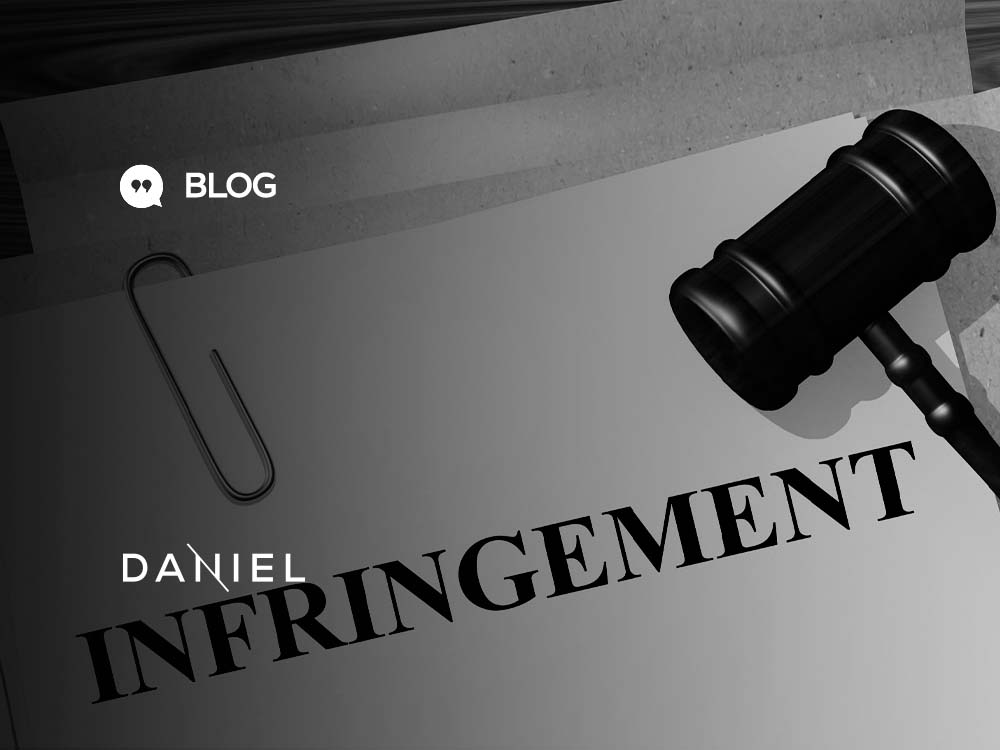In our recent article, we discussed 10 Common questions on Trademark Enforcement in Brazil.
In this post, we look at some further procedural considerations you should keep in mind in terms of Brazilian infringement actions, including the types of defences available, the type of remedies that may be sought, and the options for appeal after a first instance decision.
What Defences are available in infringement actions?
The defendant may argue a wide variety of defences, such as: that the sign does not meet the trademark function; the parties are non-competitors; there are prior existing similar or identical marks being used in the same market segment; the mark lacks intrinsic distinctiveness and therefore should endure coexistence; continued use or prior use of the mark in good faith and without opposition from the titleholder; and prior existing rights over the same sign, among others.
Most importantly, and whenever applicable, the defendant must provide evidence that there is no risk of confusion and/or undue association between the marks. Besides the above possible defences, according to the Brazilian IP Law, the trademark owner may not:
(i) prevent merchants or distributors from using their own distinctive signs together with the mark that identifies the product, in its promotion and marketing;
(ii) prevent manufacturers of accessories from using the trademark to indicate the destination of the goods, provided that fair competition practices are followed; prevent free circulation of a product placed on the domestic market by the owner or by another party with the owner’s consent; or prevent reference to the trademark in a speech, scientific or literary work or any other publication, provided that this is done with no commercial deception and without detriment to the distinctive character of the trademark. In all such cases, the use of the mark is legitimate and justifiable.
What grounds of defence can be raised in addition to non-infringement?
Procedural flaws may be raised in addition to non-infringement arguments, as well as the arguable nullity of the mark (e.g., where the trademark is evidently descriptive and/or does not meet the trademark function).
What remedies are available for trademark infringement?
A wide variety of remedies are available for trademark infringement in both the civil and criminal spheres. In the civil sphere, the most common are: search and seizure of goods; damages (redress of both moral and material damages); ex-parte injunctions with the broadest possible scope (e.g. change of trade dress; replacement of labels; and withdrawal of websites, among others); and monetary penalties for non-compliance with injunctions. In the criminal sphere, it is possible to seek search and seizure orders and the destruction of counterfeit goods, among other measures.
Are costs recoverable from the losing party and, if so, how are they determined and what proportion of the costs can usually be recovered?
Usually the plaintiff advances court fees (and expert fees, whenever the court determines an expert opinion). If the plaintiff wins the lawsuit, then it will be entitled to full recovery of the court fees. If the plaintiff partially wins, it may recover half of the court fees advanced at the beginning of the lawsuit.
Attorneys’ contractual fees are not recoverable, though the court sets an amount for attorneys’ fees based on the value given to the lawsuit by the plaintiff (this may vary from 10% to 20% of the value given to the lawsuit). The winner must file a request to the court in order to recover the costs.
What is the right of appeal against a first instance judgment and is it only on a point of law?
The losing party may appeal to the Appellate Court, bringing into light all factual and legal matters discussed in the decision. The decision handed down by the Appellate Court, in turn, may also be appealed, but at this stage only regarding matters of law (where an appeal is filed to the Superior Court of Justice), or constitutional questions (where an appeal is filed to the Supreme Court).
Other secondary appeals may be filed throughout the prosecution of the case, but with a limited and/or specific scope.
In what circumstances can new evidence be added at the appeal stage?
As a rule, it is not possible to bring new evidence at the appeal stage. However, the current Code of Civil Procedure sets forth that new facts may be raised after the decision on the merits if, due to their serious and objective nature, at the time the fact took place they were not made available to the party.
In the same manner, facts that, due to an existing obstacle, were not accessible to the lawyer or made available to the trial judge at the time they took place may be submitted as new evidence.
Get in touch with us!
Was this information useful? Do you have other doubts on Brazilian IP issues? Just let us know. We will be glad to answer your questions and help you get you started with your Brazilian IP strategy.

